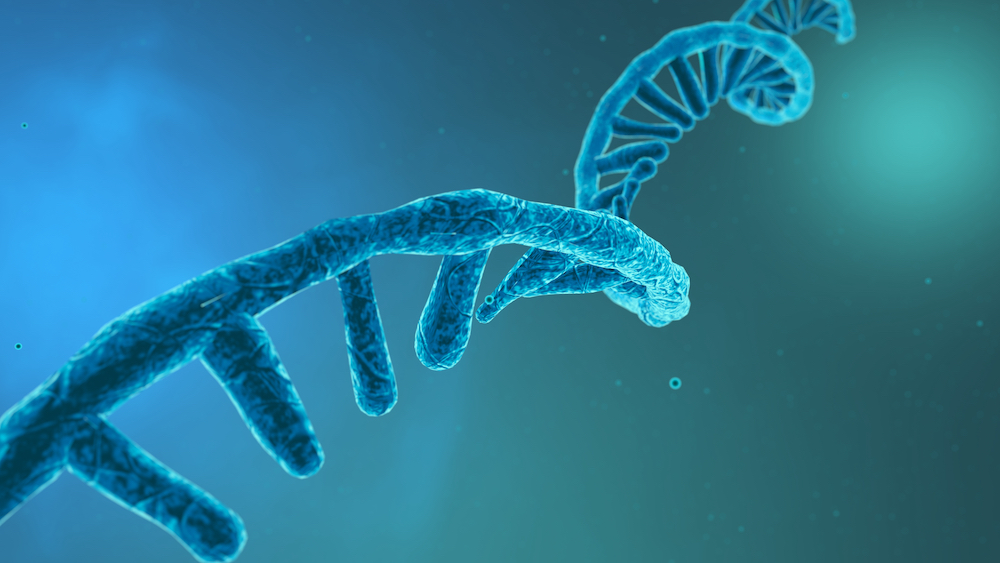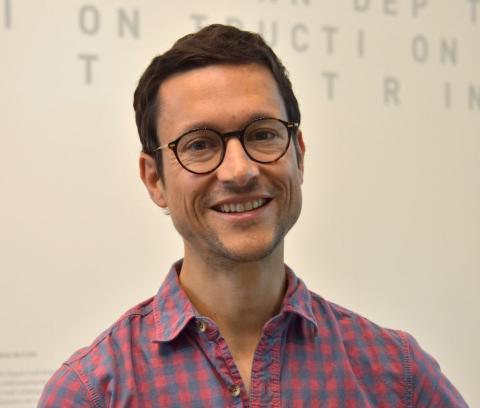Biography
Jernej Ule obtained his BSc in Molecular Biology from University of Ljubljana, Slovenia and then went on to complete a PhD and postdoctoral programme with Dr Robert Darnell at The Rockefeller University (New York) before starting his own research group at the MRC Laboratory of Molecular Biology (Cambridge) in July 2006. He then moved with his team to the UCL Queen Square Institute of Neurology (London) and started a secondment as a Group Leader at the Francis Crick Institute. In April 2022, Prof Ule was appointed as Director of the UK DRI at King’s, where most of his team is now located. He also maintains a joint satellite team at the Francis Crick Institute with Prof Benjamin Blencowe to conduct research funded by the Wellcome Trust.
Ule Lab
Explore the work of the Ule Lab focused on understanding the role of RNA in amyotrophic lateral sclerosis and frontotemporal dementia.

